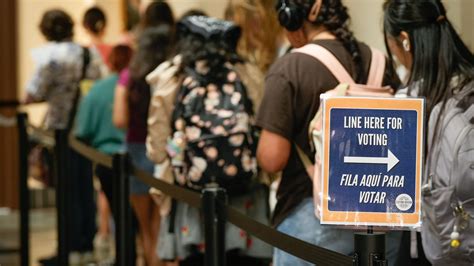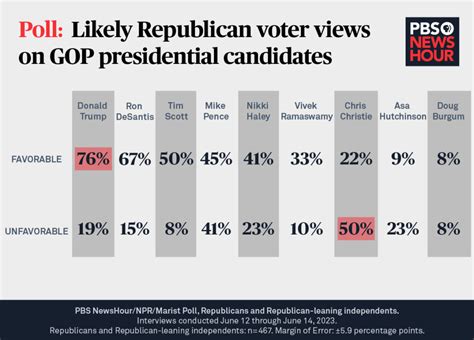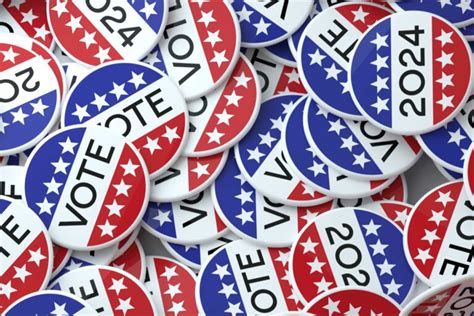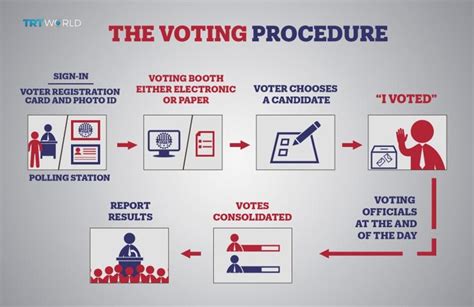Explore polling place hours, find your local location, understand their importance, and get tips for a smooth voting experience on election day.As Election Day 2024 approaches, ensuring a smooth voting experience is paramount. Understanding polling place hours is crucial for every voter, as these hours can significantly impact your ability to cast your ballot. In this comprehensive guide, we will delve into essential information regarding polling place hours, how to locate your local polling venue, and the various factors that influence operating hours. We’ll also discuss why these timings matter for voters and provide tips to help you maximize your time at the polls. Whether you’re a seasoned voter or participating for the first time, this article equips you with the necessary knowledge to navigate Election Day seamlessly. Stay informed, stay prepared, and let your voice be heard!
Understanding Polling Place Hours On Election Day
On Election Day, Polling Place hours can significantly differ across various states and municipalities. Typically, these hours are set to ensure that every eligible voter has a chance to cast their vote. Understanding the specific hours of your designated Polling Place is crucial for planning your visit and avoiding long wait times.
Most polling locations open between 6 AM and 8 AM and close anywhere from 7 PM to 10 PM, depending on local regulations. For instance, some states may open their polls as early as 5 AM, while others may require them to stay open late into the evening to accommodate working voters.
It’s important to note that some locales may observe varying hours for different elections, so voters should check the specific times for the upcoming election. Additionally, states with larger populations or densely populated urban areas often have extended hours to facilitate better access to polling places.
Moreover, last-minute changes in polling hours can occur due to unforeseen circumstances, such as emergencies or weather-related issues. It’s wise for voters to keep up with local news or their election office’s announcements for updates regarding their Polling Place hours.
Knowing these hours not only allows voters to schedule their day effectively but also helps ensure they can participate in the democratic process without unnecessary stress.
How To Find Your Local Polling Place
Finding your local polling place is crucial for a smooth voting experience on Election Day. Here are some effective ways to locate your designated voting site:
- Visit Official Websites: One of the most reliable methods is to check your state’s election office website. They have updated information about polling places, including addresses and operating hours.
- Use Online Voting Tools: Websites like Can I Vote or the National Association of Secretaries of State provide user-friendly tools where you can enter your address to find your polling place.
- Contact Local Election Officials: If you prefer a personal touch, call your local election office. They can provide information tailored to your specific needs.
- Check Voter Registration Cards: Many voters receive a registration card that includes details about their polling place. Always keep this card handy for reference.
- Look for Signs and Community Announcements: Leading up to the election, local community centers, libraries, or schools often display information regarding polling places.
Ensuring you know the location of your polling place ahead of time can save you valuable time and reduce stress on Election Day. Be sure to double-check the details as they may change, especially close to the election.
Factors That Impact Polling Place Operating Hours
The operating hours of a polling place can vary based on various factors, which can ultimately influence voter turnout and accessibility. Understanding these factors can help you plan your voting day more effectively. Here are the key elements that can impact polling place operating hours:
| Factor | Description |
|---|---|
| State Regulations | Each state has its own laws regarding the number of hours that polling places must be open. These regulations can significantly vary from one state to another. |
| Local Election Office Decisions | Local election officials may choose to extend or reduce hours based on the assessed needs of their communities. |
| Voter Turnout Projections | If a local election office anticipates high voter turnout, they might extend polling hours to accommodate more voters. |
| Polling Place Location | The hours may also depend on the logistics and availability of the facility being used as a polling place. |
| Election Type | General elections may have different operating hours compared to primaries or special elections due to varying voter interest levels. |
Being aware of these factors can empower voters to make informed decisions about when to cast their ballots. Always check with local election officials for the most accurate and up-to-date information regarding polling hours and locations.
Why Polling Place Timing Matters For Voters
Understanding the significance of Polling Place hours is crucial for voters. Proper timing not only influences voter turnout but also impacts the overall electoral process. Here are several key reasons why this aspect is essential:
- Convenience: Many voters have busy schedules, with work and family commitments. Knowing the hours a Polling Place is open allows them to plan their visit accordingly, ensuring they can cast their vote without disruption.
- Reducing Wait Times: Certain hours of the day tend to be busier than others. By being aware of when Polling Places are least crowded, voters can minimize their wait time, leading to a more efficient voting experience.
- Accessibility: For those with transportation or mobility issues, understanding Polling Place hours can help in making the necessary arrangements for timely voting.
- Participating in the Process: When voters are informed about the hours of Polling Places, they are more likely to participate in the election process, thereby increasing civic engagement.
- Last-Minute Changes: Occasionally, Polling Places may have changes in their operating hours due to unforeseen circumstances. Keeping track of these updates ensures that voters are not caught off guard.
Being aware of Polling Place hours empowers voters to make informed decisions, encourages higher voter participation, and facilitates a smoother electoral process for everyone involved.
Tips For Maximizing Your Time At The Polling Place
Visiting your polling place on Election Day can be a straightforward process, especially if you plan ahead. Here are some effective tips to help you make the most of your time at the polling place:
- Know Your Polling Hours: Familiarize yourself with the operating hours of your polling place. Arrive early or during off-peak times to avoid long lines.
- Review Your Ballot: Before you go, take the time to study your ballot. Knowing the candidates and measures in advance can streamline your voting process.
- Bring Necessary Identification: Check your state’s ID requirements and have the necessary identification ready. This can prevent delays at the polling place.
- Prepare to Wait: In case of unexpected long lines, be ready to wait. Bring water, snacks, and any necessary items to keep yourself comfortable while you wait your turn.
- Use Voting Resources: Utilize mobile apps or websites that provide real-time updates about the polling environment, including wait times and polling place changes.
- Vote with Family or Friends: Consider going to the polling place with others. It can make the experience more enjoyable and allow you to share information about the voting process.
- Ask for Help if Needed: Don’t hesitate to seek assistance from poll workers if you have questions or encounter difficulties when casting your vote.
By following these tips, you can ensure a more efficient and stress-free experience at your polling place on Election Day.
Frequently Asked Questions
What are polling place hours for Election Day 2024?
Polling place hours can vary by state, but most locations typically open between 6 AM and 8 AM and close between 7 PM and 9 PM. It’s important to check with your local election office for specific hours.
Why is it important to know polling place hours?
Knowing polling place hours is crucial for voters to ensure they can cast their ballot at a convenient time and avoid long lines or potential issues that could prevent them from voting.
How can I find my polling place?
You can find your polling place by visiting your state’s election website or using the National Association of Secretaries of State website, which offers tools to help you locate where to vote based on your registered address.
What should I bring when I go to vote on Election Day?
Most states require some form of identification, which may include a driver’s license, state ID, or other voter ID. It’s also a good idea to bring your voter registration card as a reference.
Can I vote early or absentee if I cannot make it on Election Day?
Yes, many states offer early voting and absentee ballot options. Voters should check their state’s regulations to understand the process and deadlines for early voting or requesting absentee ballots.
What if I am in line when the polls close?
If you are in line when the polls close, you are legally allowed to vote. Election officials will ensure that everyone in line at closing time is permitted to cast their ballot.
Are polling place hours the same across all states?
No, polling place hours differ from state to state. Each state sets its own regulations, so it’s important for voters to verify the hours specific to their locations ahead of Election Day.









